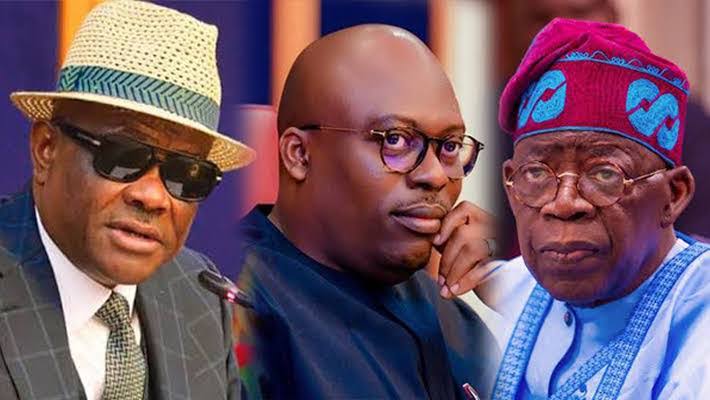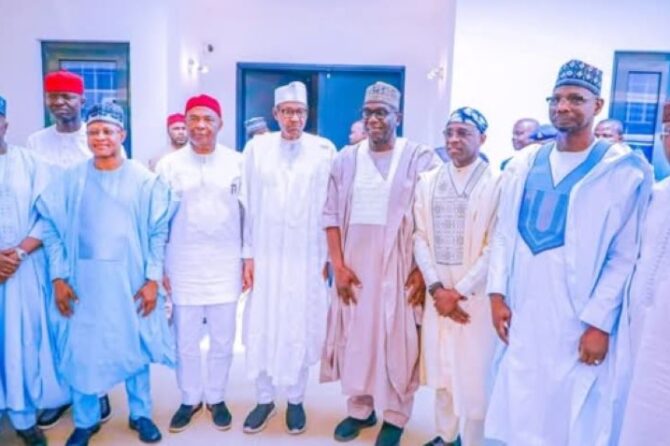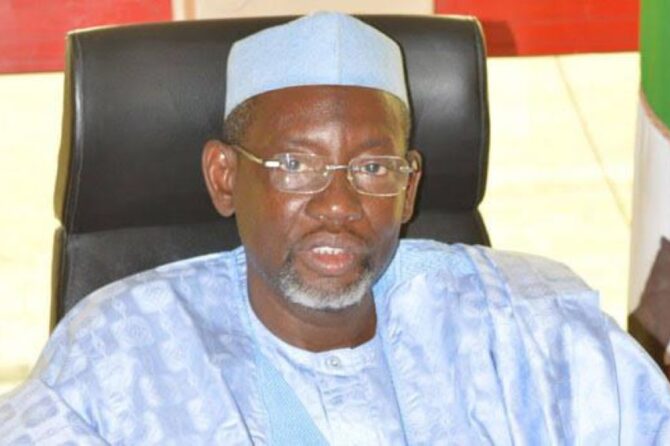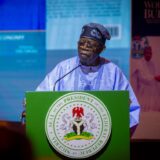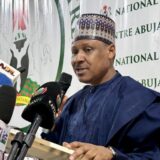Emergency Rule in Rivers State Sparks Controversy: A Political and Constitutional Crisis
ABUJA — President Bola Tinubu’s declaration of a state of emergency in Rivers State on March 18, 2025, has ignited a fierce political debate and raised questions about the constitutionality of his actions. The emergency rule suspends Governor Siminalayi Fubara, his deputy, and all members of the state assembly for an initial period of six months. This unprecedented move comes amid escalating political tensions and recent incidents of pipeline vandalism in the oil-rich state.
Background: The Political Turmoil
Tinubu justified the emergency declaration by citing “alarming security reports” regarding pipeline vandalism and a breakdown in governance. He stated that the ongoing political crisis had rendered Rivers State immobile, necessitating immediate intervention to restore order. In his national address, Tinubu remarked, “No responsible leader would stand by and permit such a dire situation to persist without taking necessary constitutional actions.”
The declaration follows significant damage to the Transiger Pipeline, which is crucial for Nigeria’s oil exports. The explosion caused by militants has raised concerns over national security and economic stability.
Reactions from Political Parties and Legal Experts
The announcement has drawn widespread condemnation from various political factions:
- PDP’s Response: The Peoples Democratic Party (PDP) denounced the emergency rule as an attempt at “state capture,” accusing Tinubu of trying to impose a one-party state. They argue that the situation does not warrant such extreme measures.
- Nigerian Bar Association (NBA): Legal experts have labeled the removal of elected officials as unconstitutional. The NBA emphasized that the President lacks the authority to unilaterally suspend elected officials without legislative approval from the National Assembly.
- Public Sentiment: Many residents expressed shock and dismay at the declaration, fearing it could lead to further political instability. Discussions on social media reflect a mix of support for Tinubu’s actions and concern over potential authoritarianism.
Next Steps: Legislative Approval Required
For the state of emergency to take effect officially, two-thirds of the National Assembly must vote in favor of it. Lawmakers are expected to convene soon to discuss this critical issue. If approved, Vice Admiral Ibokette Ibas (retd.) will serve as the sole administrator overseeing Rivers State’s affairs during this period.
Conclusion: A Pivotal Moment for Rivers State
The declaration of a state of emergency in Rivers State marks a significant moment in Nigeria’s political landscape. As tensions rise and legal challenges loom, the coming days will be crucial in determining whether this intervention will lead to stability or further unrest.


